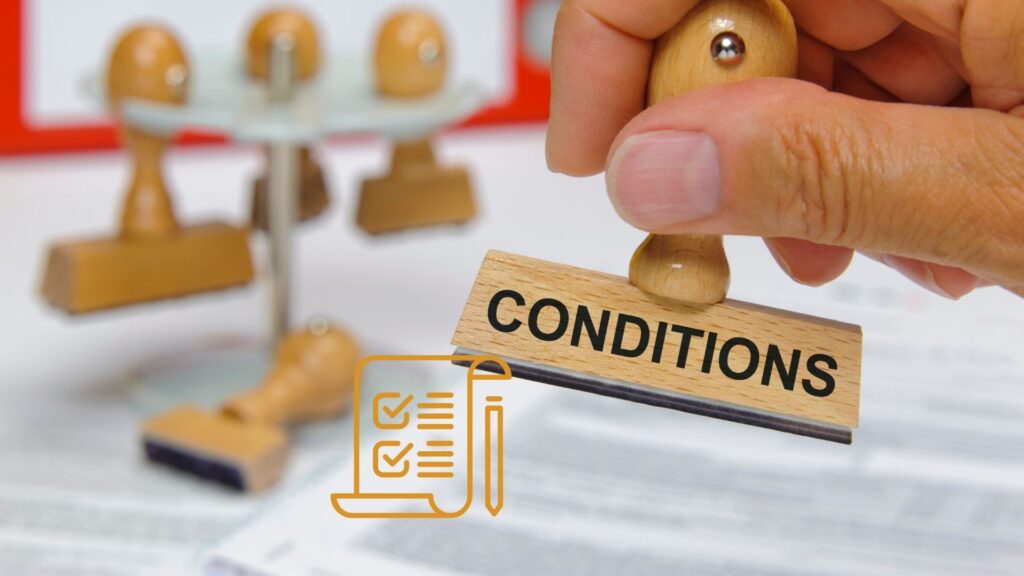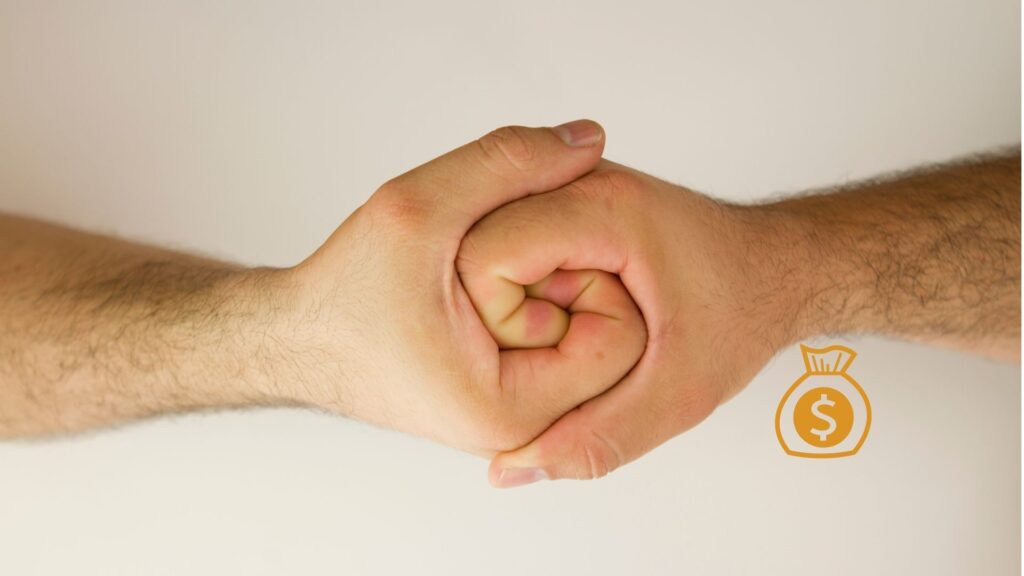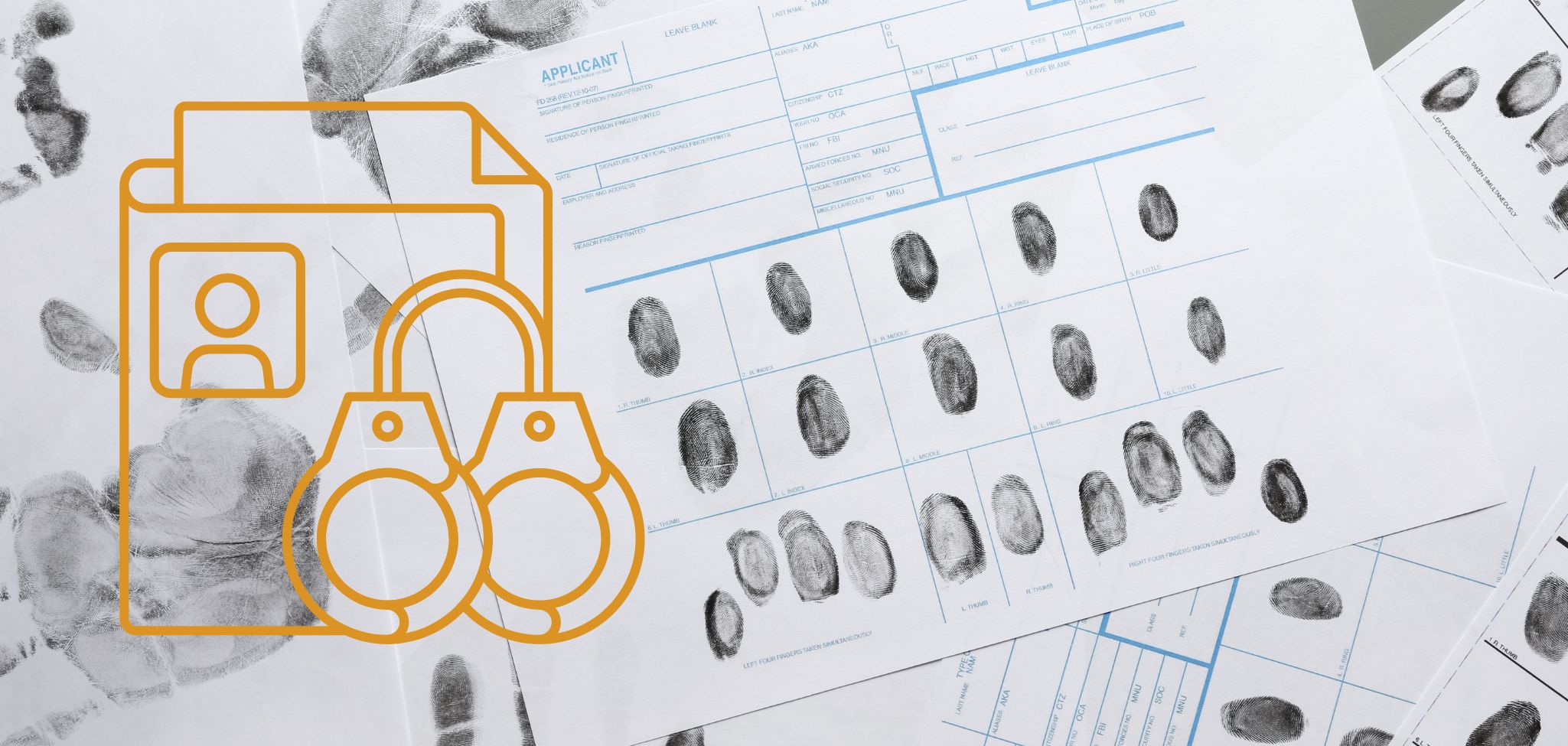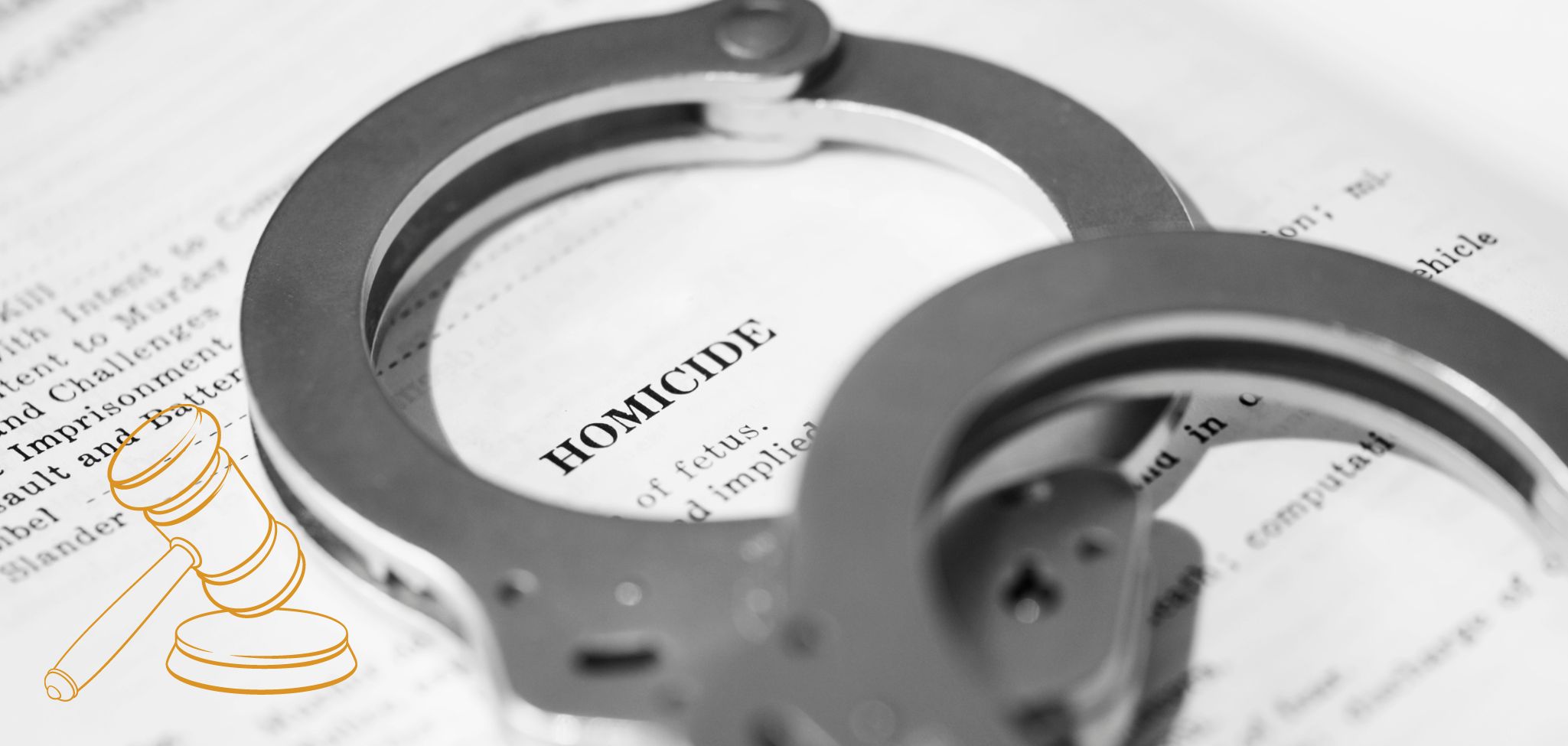Bail applications are perhaps the most tricky aspect of criminal law because there are considerable legal factors to take into account. An individual applying for bail must be able to demonstrate that they would not be a risk to the community or to public safety whilst also demonstrating that they can engage in rehabilitation for their offence.
A criminal defence lawyer is the best person to assist you with a bail application whether it be before the Supreme Court or local court (Magistrate’s Court or District Court). Seeking legal advice is always your best option.
Below will act as a guide to bail for those in need and is designed to give you a snap shot of what to expect if you apply for bail. Further it will provide an overview of what to expect if the court grant bail or reject bail. Specifically, the below is tailored towards bail applications within a NSW court however, the majority of the information can be applied to bail applications within any state as the fundamentals are the same.
What Is My First Step?
Your first step when seeking to make a bail application is always to seek legal advice on the matter. You will need to advise your chosen lawyer whether the application is for a Supreme Court bail application or whether it is for another court, and you will need to advise, in detail, the circumstances of the offence you committed.
Usually, if your offence resulted in a term of imprisonment then the circumstances will have been serious and it was determined previously that you posed an unacceptable risk to the community or to a specific group of individuals.
An unacceptable risk, means that you are deemed to pose a threat which the court considers cannot be mitigated by either bail conditions or rehabilitation programs so that you can be bailed instead of imprisoned. It is a high threshold to pass to convince the court that you do not pose this risk or rather, that you no longer pose this risk after having posed it previously resulting in the term of imprisonment in the first place.

What Are Bail Conditions?
Bail conditions are a set of guidelines/rules which you an individual is subjected to for a specified period of time. These conditions are put in place to try and minimize any risk to the community but also to minimize the risk of the accused person re-offending.
Bail conditions can range from curfews to specific places of residence a person must occupy but are usually quite specific to the offence committed (i.e. If you have committed drug offences, you may be subject to weekly or bi-weekly drug testing).
Bail conditions are put in place for a specified period of time (i.e. 2 years), however that does not mean they all need to stay in place for the full length of time. Conditions can be taken away or reduced based on good behavior and progress however they can also be lengthened or increased based on bad behavior and choices. It is more likely than not though, that bad behavior would result in a term of imprisonment being activated instead.
What Are Common Bail Conditions?
Commonly, bail conditions may include any of the following;
A bail address or residence where you must reside;
Curfew conditions where you must not leave your residence between certain hours;
You may need to surrender your passport;
Conditions that you not approach or come into contact with certain individuals or interfere with witnesses;
Conditions that you not approach or come into contact with certain venues and/or businesses;
Check in requirements at the police station or with a parole officer.
The above are quite common conditions for those who are subject to bail especially if they have already served a period of imprisonment and are being re-integrated within society. Depending on what crime or offence you have committed you may be subject to more specific bail conditions such as the following;
Weekly, bi-weekly or random drug testing;
Domestic violence, drug and alcohol or personal counselling;
Restrictions on alcohol consumption;
Restrictions on your driver’s license or hours of the day you can drive;
Community service obligations, etc.
The above are just as few of many conditions which could be put in place but you can ascertain the overall picture of what they are designed to achieve. Bail conditions are designed to minimize risk and increase chances of rehabilitation. They also allow for the accused person to re-build trust within their community.
What Will Happen If I Breach Any Of These Bail Conditions?
If you are fortunate enough to apply for bail and have it granted, it is important that you stick within the confines of your bail conditions. If you breach any of your bail conditions then, depending on the severity, you may have your term of imprisonment activated and be required to serve it.
When you are subject to bail, a police officer can attend to check on you at any time and will likely do so when you least expect it. This is particularly necessary for those who are subject to curfew restrictions as police will attend to see if you are home at the times you are ordered to be.
In the event you are ever caught breaching a bail condition however have some sort of reasonable excuse or explanation, then you may not be penalized. Usually however, if you breach a bail condition you will be subject to further charges and punishment subject to the Bail Act.
Case Study
John has been charged and convicted three previous times for robbery and served a term of imprisonment on the last occasion. John wants to know if it is possible that he will be granted bail on this occasion.
John tells you that there have been four people charged in connection with the incident (him and three friends) and that they stole approximately $3 million worth of diamonds. If John is refused bail there will be no one to look after his children as their mother is currently in a rehab facility and they have no other appropriate family. John tells you that he got laid off from his job 3 weeks ago and that is why he made the decision to rob the jewelry store.
Unfortunately, given John's prior history and the fact that he was subject to a 2 year parole period following his previous term of imprisonment, there is little chance that a Supreme Court bail application would be successful. John has already proven that he is at risk of reoffending and that he is not able to comply with parole conditions. John is unlikely to be considered an acceptable person for bail.
Will I Still Be Required To Attend Court While Subject To Bail?
Depending on the circumstances, you may still be required to attend court while on bail. If you are subject to bail conditions while your trial is progressing then there will be further court dates for you to attend. If you ever need to change a bail condition by making a new bail application, then you will need to attend court for this process to occur as well.
It is important that you do not fail to appear to any of your court dates while you are on bail as this can result in a warrant being sought for your arrest. If bail is granted, the court is taking gamble on you and places significant trust in you to do the right thing. If this trust is broken then the penalties can be harsher.
Each time you appear in court, you will be advised of your next court date as well as whether your bail conditions are still running in the same terms or if they have been modified or changed. Each time your bail conditions are considered, you will receive a document detailing what they are so that there can be no confusion. This document will be provided to you directly by the court.
What Happens If I Am Refused Bail?
If you are refused bail then you will be required to serve a term of imprisonment. Bail applications are only made when an individual has already been imprisoned or has been sentenced to a term of imprisonment.
If you are refused bail then you have the option of appealing your decision however this process can take months. You will be able to re-apply for bail should your circumstances change however our application will not be considered if you apply again under the same circumstances. A substantial change is required.
Case Study
Mandy advises that she has no employment currently and that she has already had her license suspended for driving under the influence. Mandy has no children and is not close with her parents. Mandy is not involved in any volunteering or social groups and she does not contribute anything to the greater society through any charity work.
Mandy has been assessed as being at a high risk for reoffending because she has relapsed several times in the past. On the last two occasions, she has been sentenced to the court-mandated drug program and she has attempted rehab on 4 occasions. Mandy has relapsed each time.
Mandy is not likely to be granted bail as being granted bail may cause her to re-offend.
What Happens If I Am Released on Bail?
If you are fortunate enough to be released on bail then you will be given bail documents which detail all your bail conditions. You will also be required to check in with either a community corrections officer, a specific police station, etc, so that they can check your progress and ensure you are not breaching any of your conditions.
If you are released on bail you gradually gain back your freedom through good behaviour. This means that over time your bail conditions may be reduced or decreased as a result of your compliance and dedication.
If you comply appropriately with your bail conditions, it is possible to receive a reduced sentence for your good behaviour. This is particularly in situations where demonstrating a prolonged period of change provides confidence in your rehabilitation. Ideally, rehabilitation takes place outside the prison system so if you can demonstrate this on your own it will go a long way to satisfying the court that you are remorseful. You may also be more likely to receive a financial penalty and a suspended sentence.
What Type Of Lawyer Do I Need To See?
You will need to contact a criminal lawyer who specialises in criminal law. Criminal law is a specialist field of law which deals with all aspects of the criminal code and bail act. Criminal lawyers in this field are able to guide you through the processes of both the Local Court (Magistrate’s Court or District Court) and the Supreme Court bail application processes and help you understand whether you will be deemed to pose an unacceptable risk to the community.
You need to ensure that you provide your lawyer with all necessary information so that they can guide you through the bail process. This information will include all documents or notices you have received requiring you to appear in court as well as all summons sheets detailing what you have been charged with. Your lawyer will be able to contact the prosecution and police to obtain any further information they require.
It is essential that you advise your lawyer fully of all your current circumstances so that they can work towards showing that bail can be granted because you are an acceptable person within society.
Is There Such A Thing As Police Bail?
Depending on the circumstances you can be released on police bail if you have been charged with an offence. This means that you are released from custody without being brought before the court first. This is usually a process which occurs when you have committed a minor traffic or drug offence and is not the process for more serious offences.
You will be provided paperwork with bail conditions detailed (if there are any bail conditions) and it will be expected that you comply with those conditions until your court date. It is important that you do not leave the court or police station before signing and being provided a copy of this paperwork as you are not considered to be released on bail until that process has been completed.
Being released from custody may require the assistance of a family member or friend as sometimes there are costs associated which need to be paid.
Case Study
Grant is advised by police to seek legal advice before the court date so that he can be fully informed of both the process and the likely outcome. Grant is provided with names and contact information for some criminal lawyers in the area.

What Is A Surety?
A surety is a term given when a person takes responsibility for the performance of another person by way of an undertaking. Becoming a surety is a serious commitment as you can be held personally liable and responsible for the person whom you are acting as surety for. This means that you are responsible for their actions (i.e. if they do not show up to court).
There are other contexts where you may have heard the term surety used and that is in a financial context. A husband or wife for example can act as surety for the other persons debts or a parent may become surety for the debts of their children. The same seriousness still applies however because the person acting as a surety can suffer significant consequences if the person they are attempting to help acts inappropriately.
Case Study
Alana has filed a bail application on the basis that she is the primary carer for her two young children and that she has a job working as a receptionist in a doctor's clinic. The clinic have been able to assist her with accessing counselling services and are able to assist her with detoxing.
Alana's mother advises the court that Alana and her two children live with her and that she assists with caring for the children. She advises that she will keep a close eye on Alana and ensure she adheres to any bail conditions that are imposed.
The court allows Alana's mother to act as surety and imposes strict bail conditions inclusive of court mandated drug testing, curfew obligations and check in obligations are her local police station. If any of these conditions are breached, Alana's term of imprisonment will be activated.
What Is The Difference Between The Supreme Court And The District Court (Local Court or Magistrate’s Court)?
The Supreme Court deals with matters which are more serious than those dealt with in the Magistrate’s Court, namely indictable offences instead of summary offences. Indictable offences carry harsher penalties than summary offences and are subject to a trial process by jury for determination. Summary offences on the other hand are dealt with by hearing in the Magistrates court and are determined solely by a judge instead of a jury.
In the Supreme Court there are stricter rules and guidelines which need to be followed as opposed to the Magistrate’s Court. Supreme Court bail applications for instance are subject to a higher standard than those in the Magistrate’s court generally because the offences committed are of a more serious nature. There is a higher standard to prove that the individual does not pose a risk to society and that the bail application should be granted.
What Types Of Offences Am I Not Likely To Get Bail For?
Every time a bail application is made, particularly a Supreme Court bail application, the type of criminal charges subject to the application must not be ones which have posed a significant risk to the community. More serious offences are comprised of violent acts, serious drug offences, acts which have caused impairment, injury or death, etc.
Bail can also not be granted if there is a risk that the accused may re-offend while subject to bail and place a person, group of people or the community at risk. For example this would include instances of serious family violence, whereby the granting of bail would result in an individual or group of individuals being at risk of further family violence acts. The court must consider the safety of the wider community as their priority.
Case Study
If Kyle remains remanded there is no one to look after her and she will likely need to be placed in a home which is something that she cannot afford. There are limited options available for hospice care or at-home care.
Kyle is aware that his chances of being granted Supreme Court bail are slim however he has enrolled in counselling services and is willing to be subject to a curfew, police station check-ins and a monitoring service so long as he can make necessary trips to the supermarket and pharmacy.
Kyle has two previous convictions for arson and has served a term of imprisonment on both occasions. The Supreme Court are not convinced that Kyle would not re-offend and consider him to be an unacceptable risk to society.
What Types Of Offences Might I Get Bail For?
Bail may be granted in circumstances where the offence and or charge is of a non-violent manner and where the person is likely not to re-offend or has appropriately supports and resources in place to prevent them from re-offending. If the matter is being heard in the Supreme Court however then the offence is already more serious in nature as it is classed an indictable instead of summary.
A bail application will need to address how the accused person can be considered an acceptable person for bail and how the court can be convinced that the person will have a more likely chance at rehabilitation if they are not remanded into custody or if they are not to remain in custody. The court needs to have security that if they release the accused person from custody that they will not pose an unacceptable risk to the wider community, a specific group of individuals or an individual person.
At the end of the day, the factors surrounding the offence and the personal circumstances of the accused person will be determinative of whether their bail is granted or not. A bail application made in the local court (also referred to as the a4Magistrate’s court ) has a higher chance of success than a bail application made in the Supreme court due to the nature of offences that are dealt with in the respective courts.
Case Study
Grace is now an accused person in a new arson matter however she maintains her innocence in relation to that matter. It has been 7 years since Grace was last before the court and she has not committed any criminal offences in that time. Grace has sought legal advice and is confident that she would be granted bail if she applied.
Grace has a 5 year old daughter in her full time care as well as a full time job as a waitress and bar tender. Given that Grace has experienced bail before she is aware of the factors she must rely on.
Grace knows that she must give security to the court that she will not re-offend and has instructed her lawyers to agree for a curfew to be imposed plus weekly check ins at her local police station. She has also agreed for her mother to move into her home to act as surety for her.
The court is convinced that Grace does not pose a risk and her bail is granted pending the trial.
Can I Still Be Granted Bail If I Have Breached Bail Previously?
When applying for bail, all factors are taken into account. A previous breach of bail conditions will not automatically prevent you from being granted bail in the future however it is a factor to be considered.
Each bail application is assessed on the merits of the present circumstances however the circumstances of the breach and the new offence will be taken into account. The nature of the offence will also be taken into account meaning matters which are more serious will usually have a higher threshold.
If the court is willing to grant you bail in light of a previous breach of bail then you will likely be under heavier scrutiny and you may be subject to stricter bail conditions than would normally be the case. Your lawyers will more appropriately be able to advise you of that however.
In the event that you have not yet been found guilty of your offence and are applying for bail on the basis that you have plead not guilty to your charge but have been remanded anyway, your bail application will need to explain in detail why you are an acceptable person within society in light of your charge.
Bail application are most persuasive when they include rehabilitative measures that the accused person will engage in. This may include generic counselling or assistance from a psychologist or more targeted professional assistance for family violence, diagnosed mental health conditions or drug and alcohol issues. This will need to be specific regarding which services you will use, when the assistance will begin and how frequently you will access the supports.
If you are filing a bail application in relation to a drug related charge, for instance, then the application should include some method of how you will remain abstinent from drug use i.e. admission to a rehab facility or a drug detox program.
Case Study
When police pulled Ben over for driving erratically, they conducted a search of his vehicle where they found 8 individually wrapped packages containing methamphetamines as well as an envelope of money in cash in a black bag in his boot. The amount of money found was in excess of $5,000.
Ben contends that the money was a result of some cash sales he had made recently through buy and sell on Facebook and that the drugs were entirely his and only for his consumption. Ben is unable to assist the police with why the packages are individually wrapped as they and also why they are of the same weight.
Ben is seeking to apply to the Supreme Court for a bail application as he has been remanded into custody as a result of the distribution charge. Ben has been charged and convicted twice previously for sale and distribution of marijuana. Ben's lawyers have advised that he is unlikely to be granted bail as he would likely pose an unacceptable risk to the wider community.
In addition to Ben's previous charges, he has also been convicted of two charges of breaching his bail conditions, one recorded as a fail to appear and one recorded as a breach of curfew. The fail to appear charge is the most serious as a warrant was issued for his arrest at the time and the Ben ran from police before being caught and remanded 4 weeks later. Ben's lawyers advise that the only way they see that bail may be granted is if he were subject to home detention and electronic monitoring.
Ben's application for bail is ultimately denied by the court as it is determined that Ben's risk of re-offending is too great and that he has appropriate resources available to him which makes him a flight risk. Ben has a substantial amount of money at his disposal. The court will not grant bail in light of the circumstances.
Guide To Bail
If you are an accused person wanting to make a bail application then as soon as possible, you should seek legal advice. Criminal lawyers know the legal process of successfully making a bail application and they can advise you on your chances of success.
Bail applications should not be treated as get out of jail free cards and are rather a chance to prove to the court that you are remorseful for your actions and want to be considered as an acceptable person within society. Court bail applications are suggestive of the fact that you have either committed or are accused of committing a criminal act or offence which means that getting bail granted is already a challenge.
In the event you are subject to police custody then your actions towards the police will be critical in terms of getting bail. The police have the ability to remand you until you can be brought before the court and when you do front court, they can argue against your release on the basis of your actions. When accused of committing a criminal act, it is best not to provide further ammunition which could affect your matter.
If you wish to apply to the Supreme court to get bail then your lawyer will need to convince the court that you are not a threat to the community and that you will not commit any further criminal act or offence. As discussed above, Supreme court bail application are of a higher threshold due to the nature of the offences dealt with by that court.
If you are unsure about the process of making a bail application, you can refer to the bail act for a breakdown of what factors the court will take into account. The act will also breakdown penalties for breaches of your bail conditions as well as mandatory bail conditions for different types of offences. You will need to refer to the Bail Act that applies to your state, e.g. NSW. As with any piece of legislation though, the Bail Act is interpretive and you should seek legal advice immediately to avoid any confusion.
Last but not least, it is important that you treat all criminal processes with care and that you do not underestimate the importance of the criminal procedures. If you are required to appear in court then you must do so and in the event that you cannot, you must bring plausible evidence which explains your absence. This is yet another reason why seeking legal advice or engaging a lawyer is the most appropriate course of action.

 (02) 8806 0866
(02) 8806 0866





